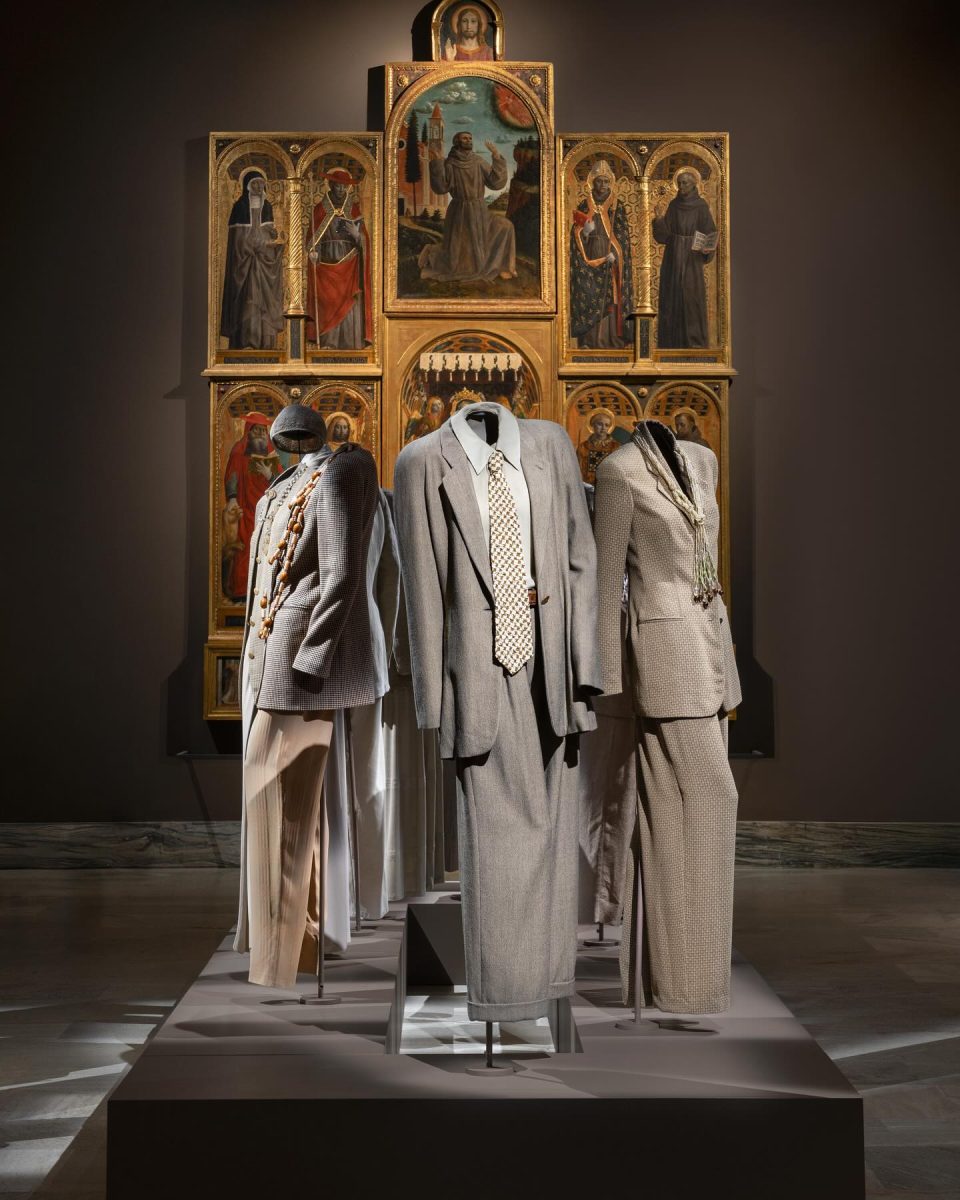Congress on Campus addresses racial justice issues
September 22, 2020
Gannon University’s latest chapter in the “Racial Justice: Be the Change” Fall 2020 Speaker Series took place Monday night on Zoom and the guest speakers discussed the state of racial issues in the United States.
The event featured two former members of Congress — Charles Boustany, a Republican from Louisiana, and Donna Edwards, a Democrat from Maryland. Both have retired from their time in Congress.
Boustany was originally a doctor before he retired and was elected to the 109th Congress and served in the five succeeding Congresses. Edwards was seated after a special election in 2008, and became Maryland’s first African American woman in Congress, serving five terms.
Boustany and Edwards spent the evening answering questions from Gannon students and staff on topics of racial justice, police brutality and the current state of racial issues. They also discussed how students can help raise awareness for racial justice.
Boustany said the government can’t solve the problem of racial justice by itself, and that it will take multiple avenues to try and fix the issue.
“I don’t like what’s going on right now,” he said. “I wish we could all pull together on this.”
Edwards followed by recounting an experience where her child had a group of friends from a variety of different backgrounds. She compared the group of friends to the United Nations in terms of diversity.
While America made strides in terms of race relations, as evidenced by the election of Barack Obama as president, Edwards said those gains haven’t been sustained.
“We kind of went to sleep on race relations,” she said. “Today is a reminder we can’t go to sleep.”
The topic of defunding the police was also brought to Edwards and Boustany. Both responded that the idea of defunding the police should not be taken literally, and it should be more about looking at how resources in cities are allocated.
Edwards said she believes there is some merit in looking at police and looking into de-escalation training, as well as mental health situations. Boustany agreed and said there should be less spending on military equipment and more on actual training.
The discussion of whether or not police are racist was brought to Boustany and Edwards as well. Boustany recounted an experience where an African American senator was manhandled by police, who didn’t believe he was a congressman.
Boustany also said this is not how all police officers act. “There are always going to be bad actors that try to escalate,” he said.
Edwards said she knows very few African Americans who didn’t have at least one negative experience with law enforcement.
“Just because we don’t experience a thing, doesn’t mean there’s not a thing,” she said.
When it came to the topic of how college students can help raise awareness, Edwards and Boustany both discussed the power students have to make change happen.
Edwards recounted an experience where a Confederate parade happened on her campus led by students. She responded by organizing students to bring an end to it, and they succeeded in making that happen.
Boustany also said there are histories of students making a difference. He added that in today’s world, social media is a vehicle for organizing and publicizing wrongdoing.
Gannon staff asked Edwards and Boustany to end the discussion on hope, to which both Boustany and Edwards urged people to vote.
Boustany urged students to embrace a cause and fight for it.
“The joy is in the striving,” he said.
Edwards said that the current generation is dealing with multiple crises and she hopes this will inspire students to lead the nation.
“When the voices of young people are brought forward, it can change the world,” she said.
Jeff Bloodworth, Ph.D., an associate professor of history at Gannon and head of the history and archaeology department, described Boustany and Edwards as eloquent and high quality-public servants following the event.
Bloodworth also praised the questions from the audience of students and staff.
“They were pointed without being divisive,” he said. “This is a tough issue and our audience rose to the task by being thoughtful and civil.”
NICOLIS FRANZ




